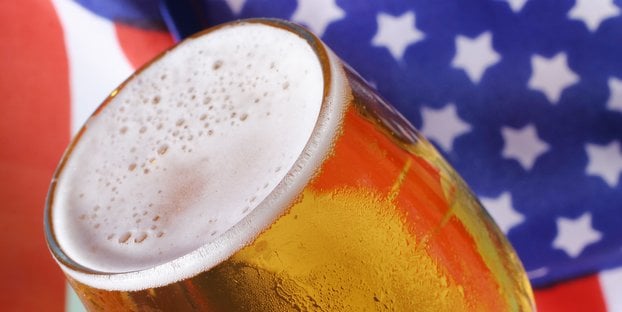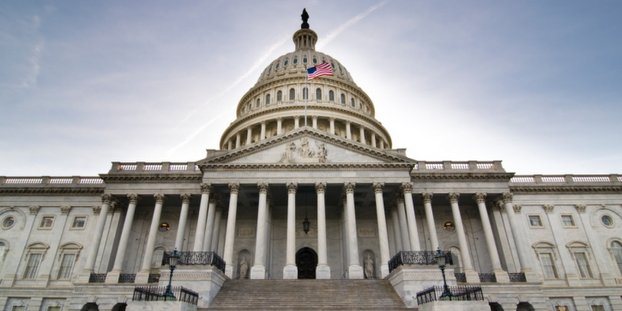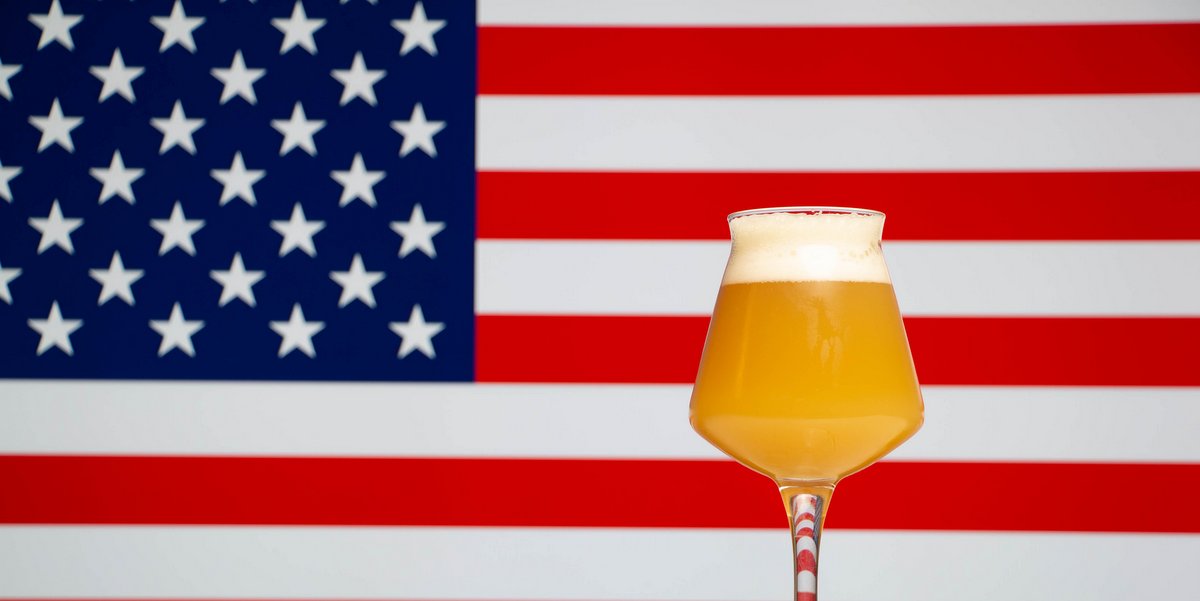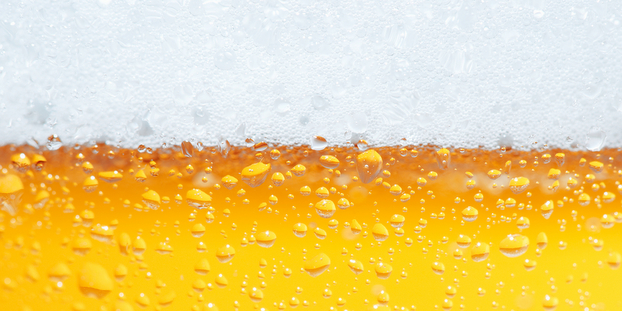
Two big bills are floating around Congress right now, focused on America’s beer excise tax. An excise tax is an indirect tax on listed items, collected by the producer or retailer and not paid directly by the consumer, and as such often remains hidden in the price of a product or service. The beer excise tax has not been adjusted since 1991, and a lot of folks want that changed, but not necessarily in the same way.
Just this week, American brewers and beer importers arrived in Washington, D.C., to promote a particular piece of industry legislation and to remind lawmakers of the economic contribution of beer to every U.S. state and district. It’s called Brewers’ Day, and it’s hosted by the Beer Institute, which represents the entire beer industry in North America (both craft and Big Beer). It’s an annual fly-in of CEOs and top executives from companies such as Anheuser-Busch, MillerCoors, Heineken USA, Crown Imports and Brooklyn Brewery.
They asked Congress to support the Brewers Excise and Economic Relief Act of 2013 (BEER Act), which would reduce the federal excise tax on beer for “all brewers and beer importers,” and which was introduced by Reps. Tom Latham (R-Iowa) and Ron Kind (D-Wis.) with 33 original co-sponsors.
This legislation is foiled by the Small BREW Act, S. 917, which just had a Senate version introduced by Senator Ben Cardin (D-Md.) and Senator Susan Collins (R-Maine). That Small BREW Act is supported by the Brewers Association, which supports craft and small-scale breweries around the United States. What’s the difference? Why, taxes of course.
Under the BEER Act of 2013: Small brewers would pay no federal excise tax on the first 15,000 barrels (bbls); small brewers would pay $3.50 on bbls 15,001 to 60,000; small brewers would pay $9 per bbl for every barrel over 60,000 and up to 2 million bbls; and for brewers producing more than 2 million bbls annually, and for all beer importers regardless of size, the federal excise tax rate would be $9 per barrel for every barrel.
The Small BREW Act also seeks to recalibrate the federal beer excise tax that small brewers pay on every barrel of beer they produce, reflecting the evolution of the overall craft brewing industry, which is getting larger. Under current federal law, brewers making less than 2 million bbls annually pay $7 per barrel on the first 60,000 bbls they produce and $18 per bbl on every barrel thereafter. The Small BREW Act seeks to recalibrate that rate so that the smallest brewers and brewpubs would pay $3.50 on the first 60,000 bbls. For production between 60,001 and 2 million bbls the rate would be $16 per barrel. Any brewer that exceeds 2 million bbls would begin paying the full $18 rate. Breweries with an annual production of 6 million bbls or less would qualify for these tax rates.
According to a recent economic analysis released by the Beer Institute and the National Beer Wholesalers Association, the beer industry puts more than 2 million Americans to work — meaning every one brewery or importer job supports another 45 jobs in supply, distribution and retail — and generates more than $40 billion in federal, state and local revenue.
We give the microphone to the Beer Institute’s camp.
“We commend the co-sponsors of the BEER Act for introducing fair legislation that gives relief to the 80 million Americans who drink beer, enables small brewers to continue to grow their businesses and fosters economic growth across the country,” said Joe McClain, president of the Beer Institute. “The last time federal taxes were raised on beer, 60,000 Americans lost their jobs. Our fragile economy, and local American businesses, cannot shoulder that unfair burden again.”
We give the floor to the Brewer’s Association.
“Small brewers have been anchors of local communities and America’s economy since the start of our history. In addition to making high-quality beers, craft brewers, including those in Maryland, create jobs and reinvest their profits back into their local economies,” said Senator Cardin, a member of the Senate Finance and Small Business committees. “The federal government needs to be investing in industries that invest in America and create real jobs here at home. With more than 2,400 small and independent breweries currently operating in the U.S., now is the time to take meaningful action to help them and our economy grow.”
We’ll keep you updated on these two interesting pieces of legislation.






RT @CraftBrewingBiz: The BEER Act vs. the Small BREW Act: What’s the difference? http://t.co/orUHWSID2L
RT @CraftBrewingBiz: The BEER Act vs. the Small BREW Act: What’s the difference? http://t.co/orUHWSID2L